Are Disinfectant Wipes Compostable?
Updated April 7 2020, 10:24 a.m. ET
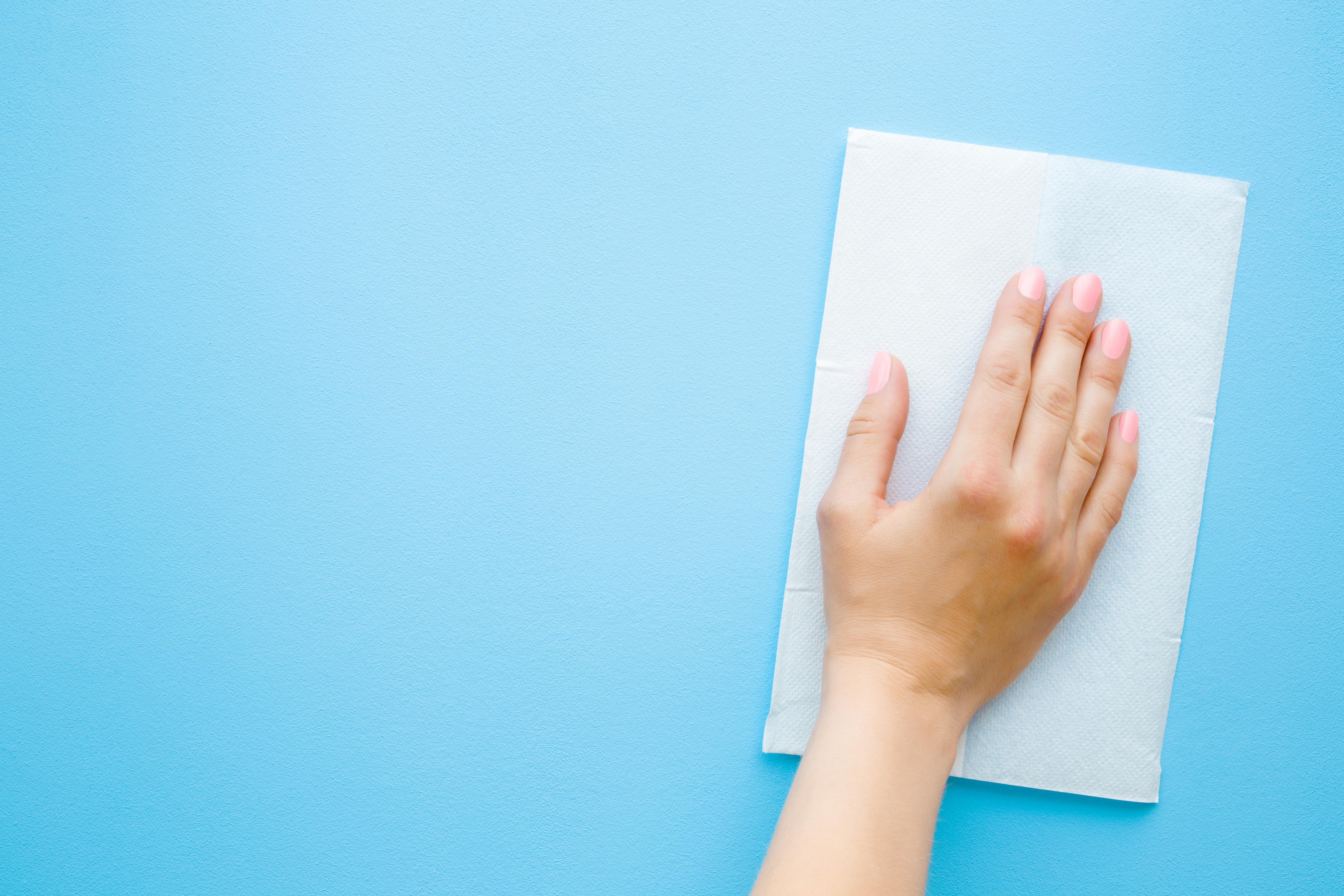
The COVID-19 crisis has brought out the “clean freak” in all of us. We cannot get enough hand sanitizer and disinfectant spray to help keep our houses clean and our health top-notch. Disinfectant wipes are also a hot commodity that cannot seem to stay on the shelves.
These wipes are essential right now and do serve a very important purpose in protecting us from getting sick. However, with the excessive usage during this global pandemic, are we hurting the environment? Are disinfectant wipes compostable? The answer is — sometimes.
Disinfectant wipes are mostly not compostable.
Disinfectant wipes are made up of synthetic fibers that prevent them from being compostable or recyclable. So, after just one use, they are thrown away and head to the landfill.
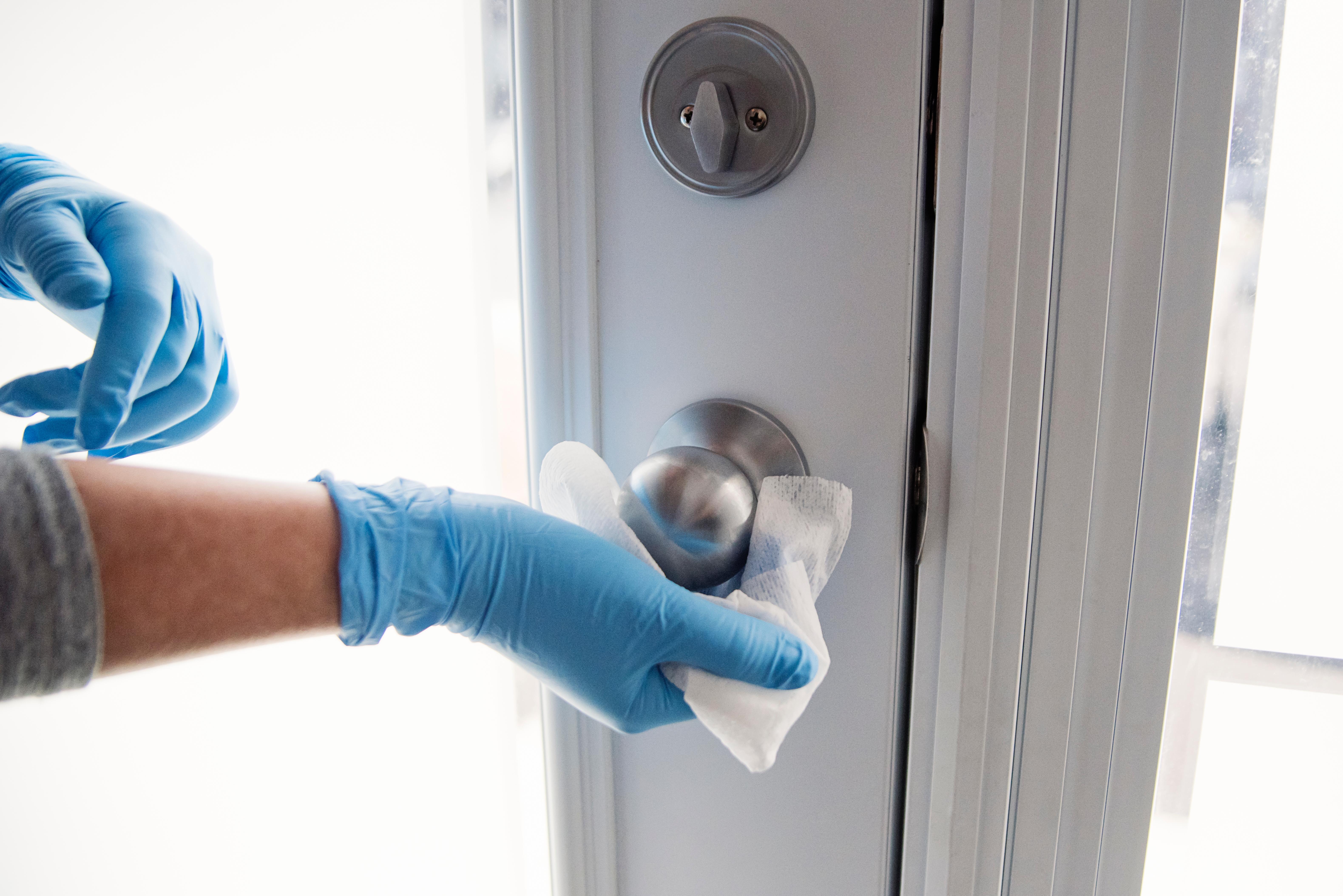
Because of the synthetic fibers, disinfectant wipes do not break down and represent a large proportion of non-biodegradable waste in landfills. One of the issues with disinfectant wipes is that they are single-use. While very handy to used to clean up during diaper changes, to sanitize surfaces in the home or workplace, and now, wiping down groceries and takeout containers, they are not for multi-use.
This leads to a mass exodus of wipes into our landfills, especially during a time when the country is completely sold out of wipes because we’re disinfecting everything.
Disinfectant wipes are hurting the environment.
During this health crisis, we’re taking along a pack of “on-the-go” disinfectant wipes with us to keep ourselves safe from germs. Many retailers also offer wipes upon entering the store to wipe down your cart. While this is convenient, it’s posing a large problem: littering and pollution.
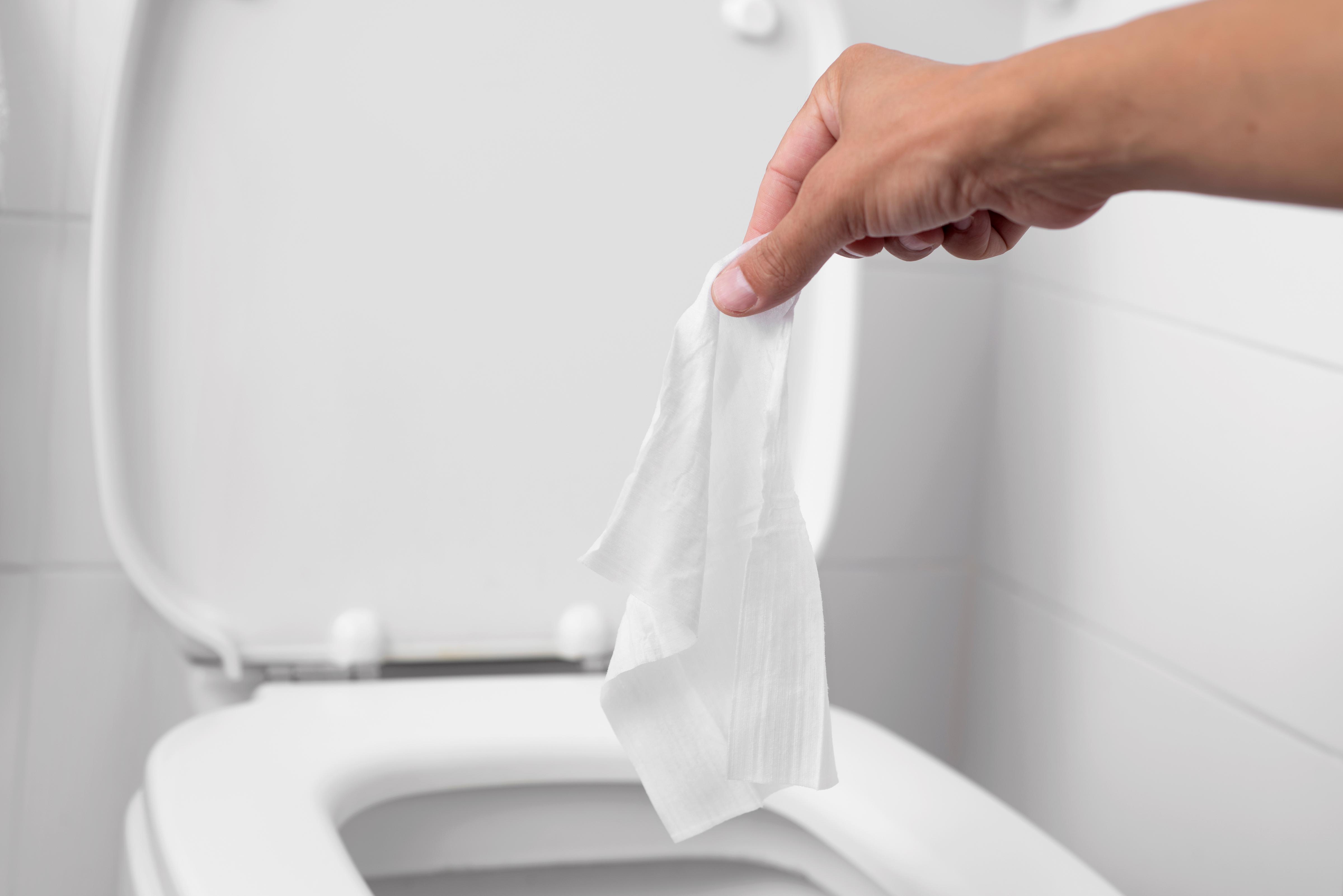
Many are using their wipes and littering them outside the store or near their car. In the UK, the number of wet wipes found along the coastline has increased by more than 400 percent over the past 10 years, The Guardian reported.
There are some compostable wipes out there.
Clorox came out with its own brand of compostable wipes after many environmental activist took issue with the not-so eco-friendly aspect of disinfectant wipes. According to their website, the wipes are “made with a compostable plant-based cloth, which makes them safe to compost at home, or through your local municipal facility.”
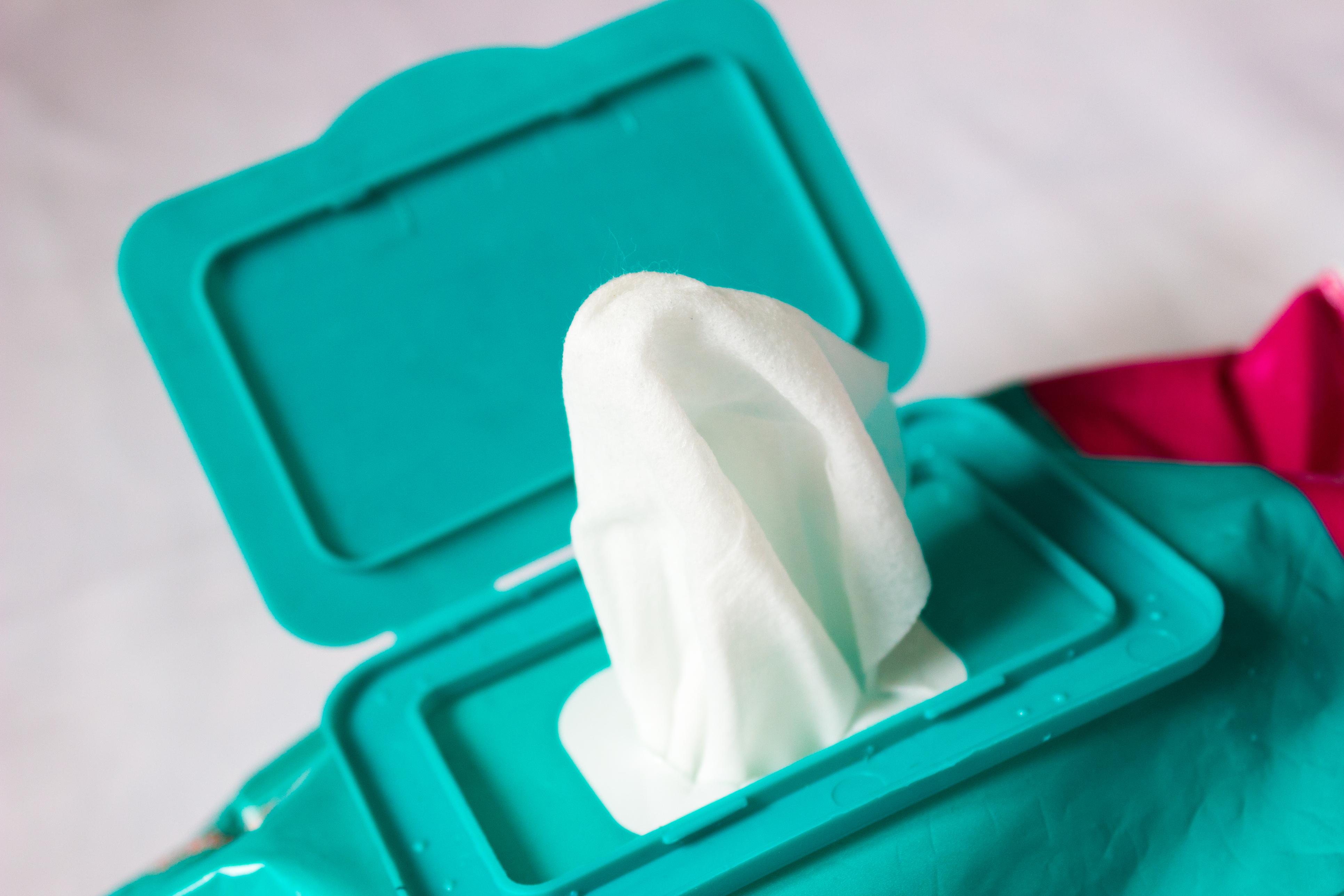
However, there is a catch to these wipes. They do not disinfect. On the Clorox FAQ page, they state “Clorox® Compostable Cleaning Wipes should be used for daily cleaning of grease, dirt and grime. For disinfection, please check out our line of disinfecting products here.”
So while these wipes may be great for the environment, they will not help protect you against germs and viruses such as the coronavirus.
There are some eco-friendly alternatives to disinfecting wipes.
If you want to keep yourself healthy and safe, but also feel a bit of guilt every time you throw a disinfecting wipe in the trash, there are some alternatives! Of course, the easiest option is using any disinfectant cleaner — though those may be hard to get your hands on these days.
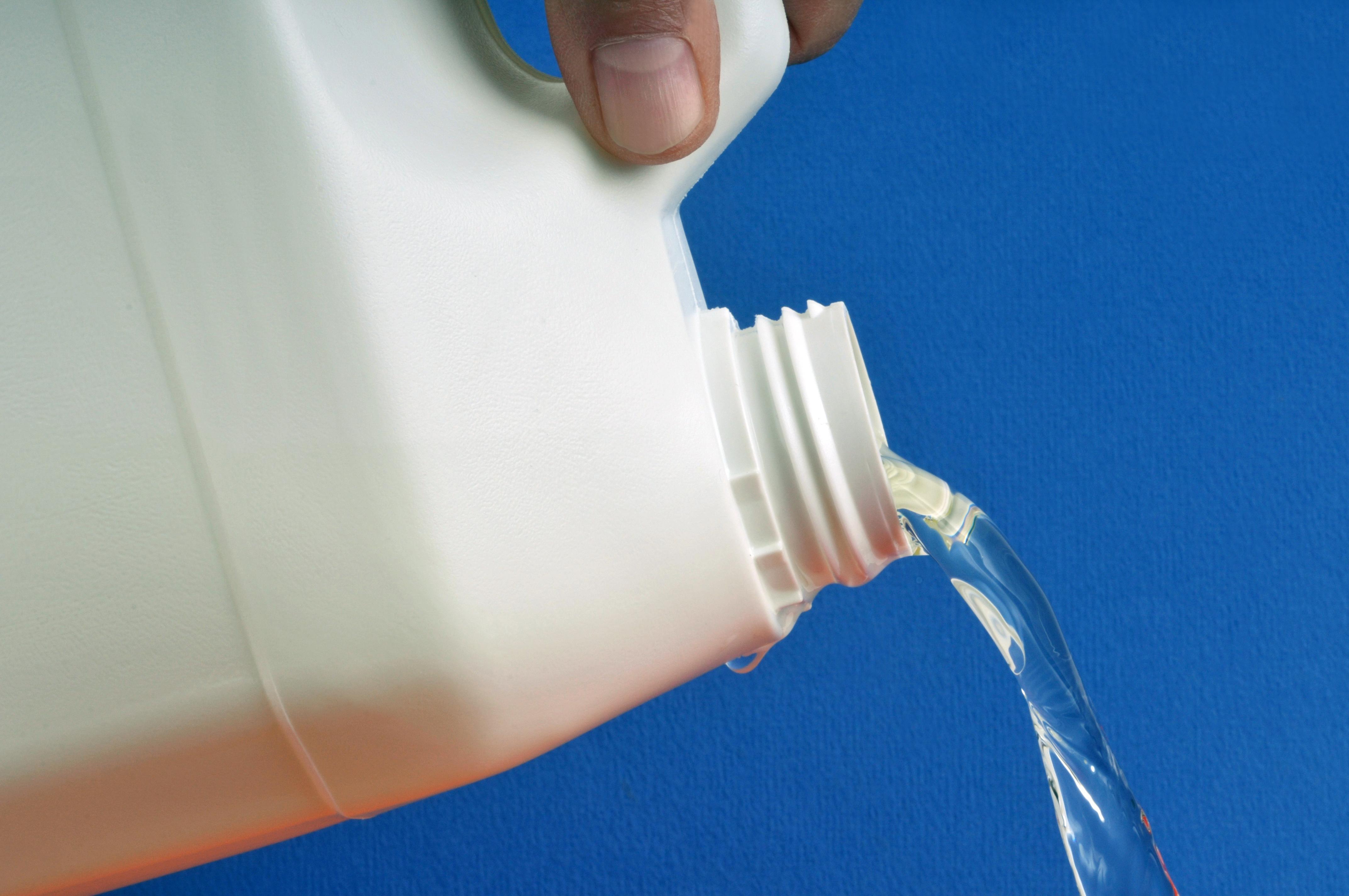
Bleach is an inexpensive and effective disinfectant. The CDC recommends preparing a bleach solution for disinfecting by mixing 5 tablespoons (⅓ cup) of bleach per gallon of water, or 4 teaspoons of bleach per quart of water. One gallon of bleach could last you this entire quarantine and all you need on top of that is a rag.
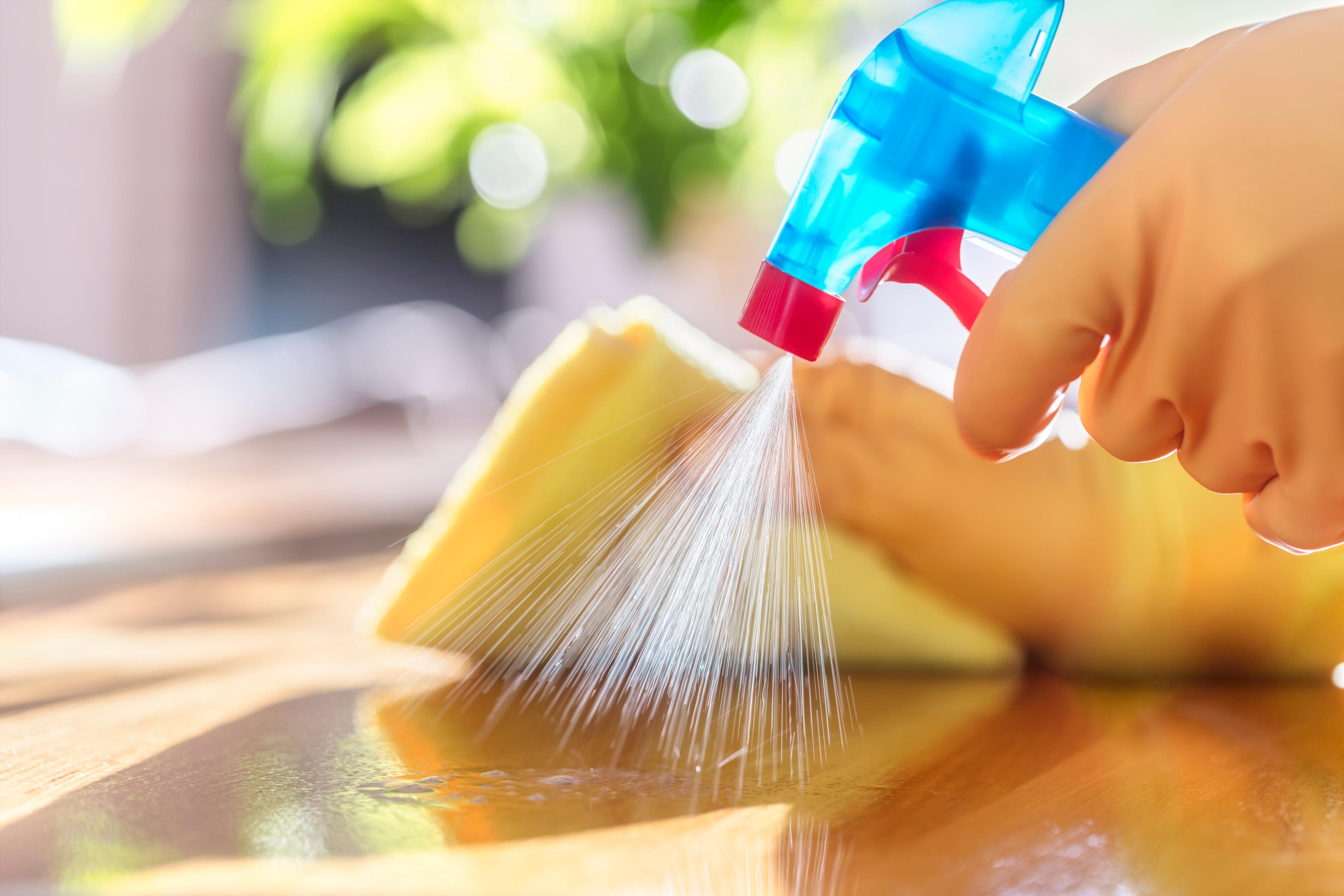
Another alternative is rubbing alcohol. The CDC advises that alcohol concentrations above 70 percent should be effective at disinfecting for viruses. Again, all you need is a bottle of rubbing alcohol and a rag. Instead of one-use wipes that could potentially cause major harm to the earth, invest in a good set of rags that can be washed and reused!